Two terms that are often used when discussing substance abuse disorder are dependence and addiction. Many individuals use these terms synonymously. Although the terms are related, they refer to different aspects of substance abuse. What is the difference between these two terms?
To put it simply, dependence is the body’s natural response to long-term drug or alcohol use. In contrast, addiction is the addict’s compulsive use and desire for the substance, even when it is destroying parts of their lives. Though these terms are different, they go hand-in-hand.
For a more complete understanding of the difference between dependence and addiction, keep reading.
What Is the Difference Between Addiction and Dependence?
The best way to understand the difference between addiction and dependence is to take a close look at the definition of both of these terms individually.
Dependence
Dependence is the easiest of the two terms to understand. It is the body’s physical response to long-term substance use. Physical dependence is sometimes called tolerance. Individuals develop a dependence on substances once they have been using that substance for an extended amount of time.
Individuals who experience physical dependence often require a higher dose to experience the same feelings as before. Physical dependence also causes the individual to experience withdrawal symptoms whenever they are cutting back or stopping the substance.
Because dependence is the body’s response to the substance, addicts do not have any control over dependence. It is a natural side effect of long-term substance use and abuse.
Addiction
Whereas dependence refers to the physical response to long-term substance use, addiction refers to the addict’s compulsive behavior surrounding the substance. Individuals who suffer from substance addiction will compulsively seek out that substance, even when the substance is causing serious problems in their lives.
Addiction and Dependence Go Hand-in-Hand
Even though these two terms refer to different responses to long-term substance abuse, there is a reason why these terms show up together so commonly. Addiction and dependence go hand-in-hand, and most addicts suffer from both as a result.
For some addicts, substance abuse may begin with dependence. As a way to treat withdrawal symptoms, the dependence then transforms into an addiction. For other addicts, this situation may begin with compulsively seeking out the drug to soothe emotional trauma. Eventually, this compulsive behavior will turn into dependence over an extended time.
In other words, addiction and dependence go hand-in-hand. Physical dependence can cause addicts to compulsively seek out the substance to soothe the withdrawals. In other cases, compulsively seeking the substance can lead to dependence. This explains why addiction and dependence are often seen together.
How Are Addiction and Dependence Treated?
Addiction and dependence must both be treated in order for the individual to begin their life of recovery. However, treatment for dependence and addiction are not identical.
The treatment for dependence is typically detox. The detox process allows the individual to detox from the substance so that their body does not have a dependence on the substance anymore. Medical detoxes are the safest because they are performed under the close supervision of a medical team.
The treatment for addiction is much more nuanced and unique to the individual. Addiction treatment typically includes group therapy, individual therapy, and sometimes prescription medication. The goal of addiction treatment is to teach new coping skills and to unlearn past behaviors so the compulsive substance abuse does not come back.
Get Help Today
If you or a loved one shows signs of dependence or addiction, it’s important to get help. 90210 Recovery offers comprehensive medical detox and addiction treatment to ensure you get the care you need. Contact 90210 Recovery to learn more today.


